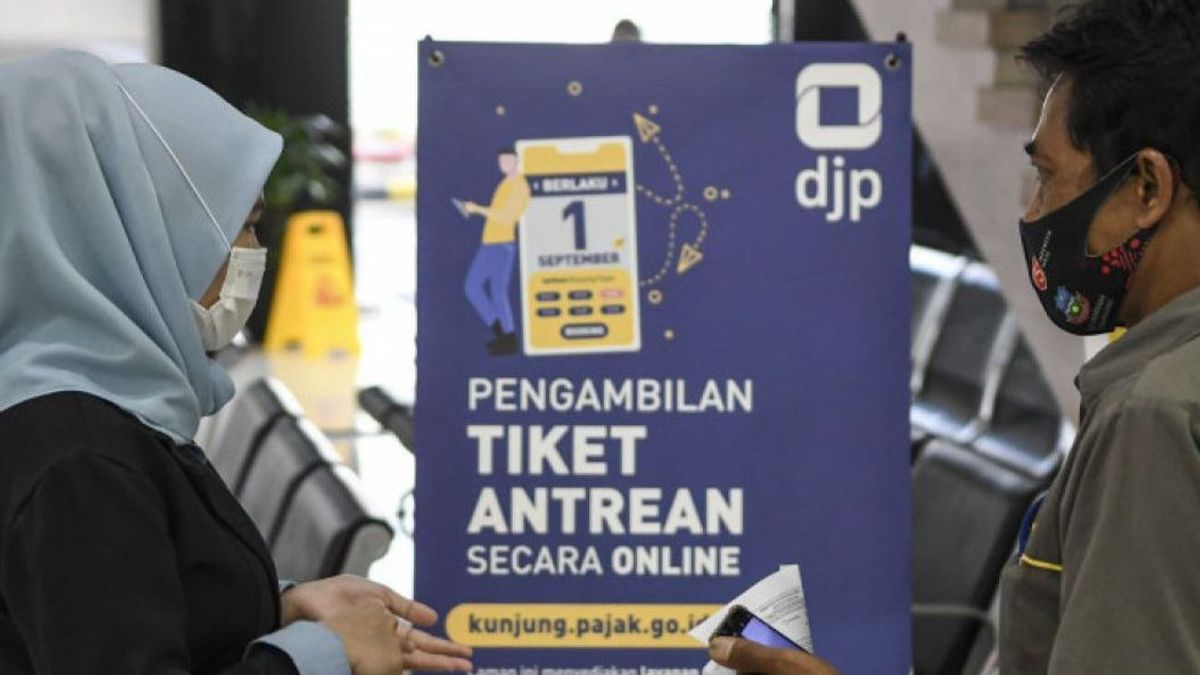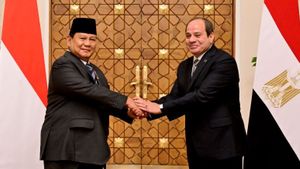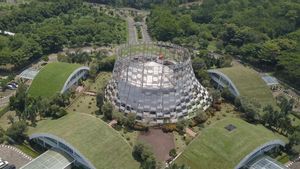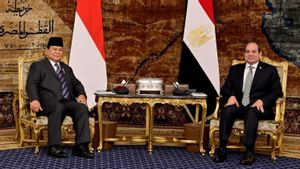YOGYAKARTA - Presidential Candidate Prabowo Subianto-Gibran Rakabuming is said to be reducing the Directorate General of Taxes (DJP) and the Directorate General of Taxes-Excise from the Ministry of Finance. It is planned that the separation of the two agencies will be carried out through the establishment of a State Revenue Agency (BPN). So what is the impact of the separation of state revenue bodies?
The plan to separate DGT from the Ministry of Finance by Prabowo-Gibran has entered is one of their 8 Fast Best Result Programs (PHTC). The plan to form BPN from the merger of DGT and DJBC has been listed in the vision-mission document and work program.
Member of the TKN Expert Council Prabowo-Gibran, Drajad Wibowo, said that the plan to separate DJP and DJBC from being merged into one requires preparation and will be carried out in stages. The impact of the separation of the State Revenue Agency is interesting to watch.
Vice President Gibran Rakabuming revealed the reasons for the merger of the two bodies to become BPN. According to Gibran, the separation of DGT and DJBC from the Ministry of Finance to be merged so that there is a body that focuses on state revenue and its position directly under the President.
"So the DGT and Customs and Excise will be merged into one, so that the focus is on state revenue, it will no longer take care of expenditure problems," said Gibran Rakabuming in a vice presidential debate some time ago.
The purpose of forming BPN has been written in the Prabowo-Gibran vision and mission document and Program. The existence of BPN will aim to improve the integrity and coordination between agencies so that it can increase state revenues. Through BPN, these presidential and vice-presidential candidates are targeting the ratio of state revenues to GDP to increase by 23%.
Drajad Wibowo who is also an economist from the Institute for Development of Economics and Finance (Indef) revealed that the first step that will be carried out by Prabowo-Gibran in realizing the program. He said that the law would be prepared as the basis for the formation of BPN.
However, Drajad Wibowo also emphasized that the plan to form BPN will be carried out in stages, because it may take one year. Drajad also said that during the institutional design maturation process, DJBC and DGT will remain within the body of the Ministry of Finance.
"Indeed, it will not materialize directly in the first days of the Prabowo-Gibran government because the laws and regulations must be prepared carefully. Maybe it takes 1 year or less," continued Drajad Wibowo on Monday, February 19.
The plan to merge DJP and DJBC into the State Revenue Agency is considered to have pluses and minuses according to economists. The Director of the Center of Economic and Law Studies (Celios), Bhima Yudhistira, assessed that there was a positive side to the plan to form BPN. This economic expert is of the opinion that BPN has the potential to pursue a tax ratio (tax ratio).
But in addition, Bhima Yudhistira said that the merger of DGT and DJBC was not appropriate to do. According to him, DJBC's duties and functions are not only focused on state revenue, but also work in monitoring goods.
Bhima also believes that the process of forming BPN will take up to 10 years. The length of the merger of the two institutions is because it is not only related to changes in the nomenclature, but also reorganization actions.
In addition, Bhima assessed that the plan to merge DGT and DJBC during the transition period is feared to cause a moral decline in officers in the field, a more complicated bureaucratic process, and have the potential to harm business actors and the community.
That is the review of the impact of the separation of state revenue bodies planned by Prabowo-Gibran when he later took office. The separation of DGT and DJBC to be merged into BPN is considered to have a positive and negative impact in itself. Also read the Ministry of Finance prepares a sweetened drink excise rule.
Stay up to date with the latest domestic and other overseas news on VOI. We present the latest and most updated nationally and internationally.
The English, Chinese, Japanese, Arabic, and French versions are automatically generated by the AI. So there may still be inaccuracies in translating, please always see Indonesian as our main language. (system supported by DigitalSiber.id)













